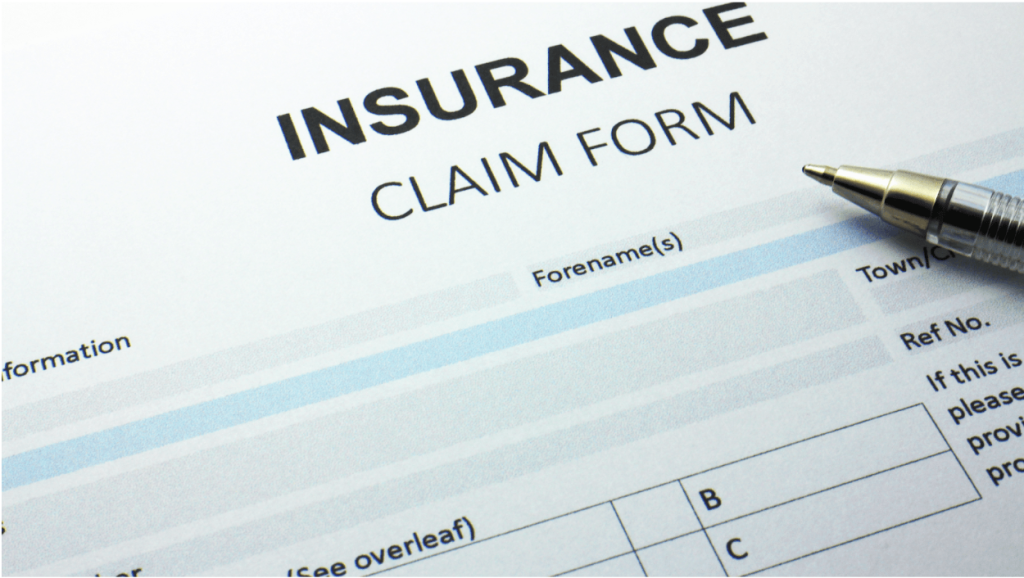When all other avenues to resolve a dispute have been exhausted, you might find yourself considering the option of filing a claim in Northern Ireland. Whether it’s a small claim, county court, or high court action depends on the nature and value of your claim. However, it’s essential to view issuing a claim as a last resort due to the potential expenses involved.
Why Pursue a Claim in Court?
People initiate legal claims for a variety of reasons, including:
- Someone owing you money
- Bad workmanship
- Damage to property
- Road traffic accidents
- Personal injury
- Goods not supplied
Understanding the Costs Involved
Filing a claim in court requires payment of a fee, the amount of which is contingent upon the value of your claim. If the defendant refuses to pay even after a judgment is obtained, or if they dispute the debt, you might be required to pay additional fees. However, if you succeed in your case, there is a possibility that these fees can be added to the amount owed by the defendant.
Moreover, you may be eligible for some costs to compensate you for time lost at work due to injuries sustained, though this may not cover the entirety of your losses.
Additional Expenses in Court
If the defendant decides to defend your claim, you may need to call upon witnesses to provide their account of the events. In such cases, you might be responsible for covering their expenses, including travel costs to and from court and any income they would have earned that day. However, if you emerge victorious, the court may order the defendant to reimburse these expenses.
Depending on the size and complexity of your claim, you might also need to obtain expert reports from professionals like doctors, mechanics, or surveyors. These experts may be required to attend court hearings to present evidence on your behalf, and you’ll be responsible for their expenses and charges. Again, in the event of a win, the court may instruct the defendant to contribute to these costs.
For individuals whose first language isn’t English and who require an interpreter, it’s essential to note that the court won’t provide one. You’ll need to find and pay for an interpreter yourself.
Do I Need a Solicitor?
In cases where your claim exceeds £3,000, it’s highly advisable to seek the counsel of a solicitor. Typically, you will be responsible for covering the solicitor’s fees, even if your case is successful. However, McPartland & Sons does offer Legal Aid for court proceedings, and you might qualify for Legal Aid under specific circumstances. Individuals receiving certain benefits such as income support or those with low incomes may be eligible for legal aid.
Remember that it’s crucial to substantiate your claim with strong evidence. To do this, you’ll need a solid grasp of the legal foundation of your claim and court procedures. Evidence, such as a doctor’s report or witness statements, is critical. Also, it’s important to make a realistic assessment of the damages you are seeking. Consulting with a solicitor can save you both time and money by determining the viability of your claim.
Bear in mind that there is a limited time frame from the date of your accident within which to make a claim. Don’t hesitate to reach out to the McPartland & Sons team of legal experts to ascertain your entitlement to compensation. Their expertise can guide you through the process and help you make an informed decision regarding your claim.
Related Blogs:

